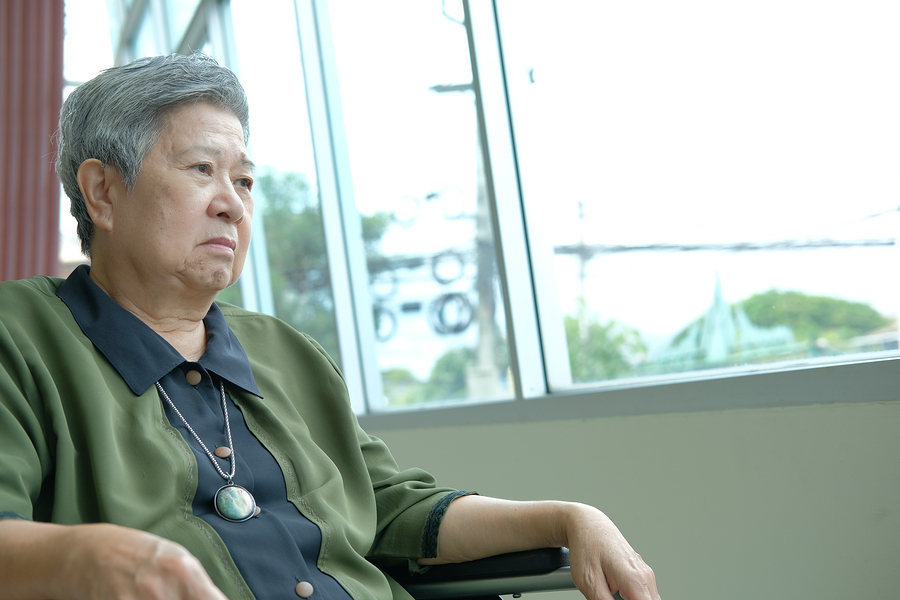5 Risk Factors That Increase The Chances of Seniors Being Lonely
Category:

Seniors that are living alone have a high risk of social isolation and loneliness, but living alone isn’t the only risk factor for loneliness. Often seniors who age in place can find ways to stay socially engaged and enjoy fulfilling relationships. Companion care at home is one way that seniors can prevent loneliness. Companion care at home is very effective, and it’s a great solution for seniors who don’t have any family or friends close by. If you can’t visit your mom or dad as much as you’d like because you live far away companion care at home can fill in the social gaps for them.
It may be difficult to tell if your senior mom or dad is experiencing loneliness. Often seniors don’t like to talk about being lonely with their kids because they think that being lonely is just part of getting older. But, if your senior parent has any of these five loneliness risk factors you should have a conversation with them about companion care at home or other social support options:
Limited Mobility
Physical disabilities or health conditions that limit mobility can make it challenging for seniors to leave their homes and participate in social activities, leading to isolation. If your mom or dad has poor mobility, or if they are starting to lose mobility they may need the comfort and connection that companion care at home offers.
Chronic Illness
Ongoing health issues, such as heart disease, diabetes, or chronic pain, can restrict a senior’s ability to engage in social interactions and activities. When seniors are fighting to manage a chronic illness, they not may not have any energy left to try and build new friendships or engage socially with family and friends. If your senior parent has a chronic illness talk to them about how they are doing to see if they need more social support.
Loss of Spouse or Close Friends
The death of a spouse, close friends, or other significant relationships can leave seniors feeling lonely and without their primary social support network. Your mom or dad may not want to tell you they are struggling with loss because they don’t want to add to your sense of loss. If your senior parent has recently lost a partner or best friend, they may need dedicated companion care at home to help them grieve.
Lack of Transportation
When seniors stop driving they often stop going out socially. Not having reliable access to comfortable or safe transportation can prevent seniors from attending social gatherings, medical appointments, and other activities that facilitate social interaction. With home care seniors will have access to safe and comfortable transportation so they may feel more like shopping, running errands, or meeting friends for lunch.
Hearing or Vision Impairments
Sensory impairments can make communication difficult, leading to frustration and withdrawal from social situations. If you have noticed that your senior parent does not want to go out anymore or doesn’t like to have visitors ask them if they are having trouble with their vision or hearing. Schedule checkups for their vision and hearing and see if medication or adaptive aids like glasses or hearing aids can help them feel more social.
If you or an aging loved one are considering companion care at home in Yorkville, NY, please contact the caring staff at Griswold Care Pairing for Manhattan today @ (212) 845-9854.
Subscribe
Date: June 17, 2024
Category: